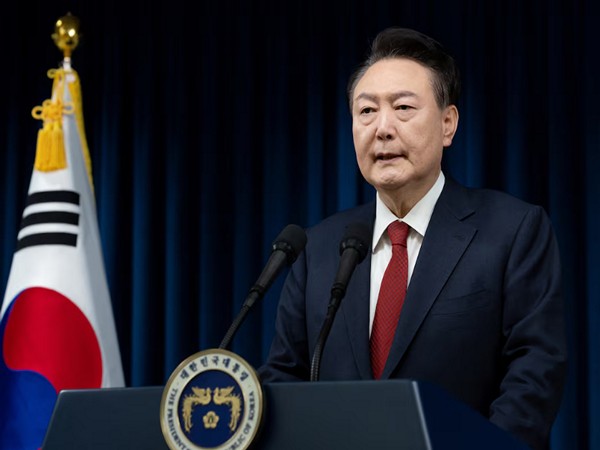South Korean President Faces Turmoil Amid Martial Law Controversy
South Korean President Yoon Suk Yeol faces political turmoil after declaring and then rescinding martial law. His leadership is questioned amid a criminal investigation for treason, dissent among military ranks, and calls for his resignation. The crisis impacts U.S. relations and South Korea's economic stability.

South Korean President Yoon Suk Yeol is facing mounting political turmoil following his controversial declaration of martial law last week. Despite surviving an impeachment vote, Yoon's leadership is under scrutiny amid a criminal investigation for treason and growing dissent among senior military officers.
The president gave sweeping emergency powers to the military to root out 'anti-state forces,' but the decree was swiftly rescinded. Nonetheless, calls for his resignation have intensified, creating a constitutional crisis in the key U.S. ally. The opposition is pushing for his impeachment and prosecution, while military officials express reluctance to enforce any future martial law orders.
The unfolding tension in Seoul contributes to regional instability and economic uncertainty, as allies like the United States monitor the situation closely. South Korea, a major player in the global technology market, is urged to stabilize its financial markets amidst the political crisis.
(With inputs from agencies.)










